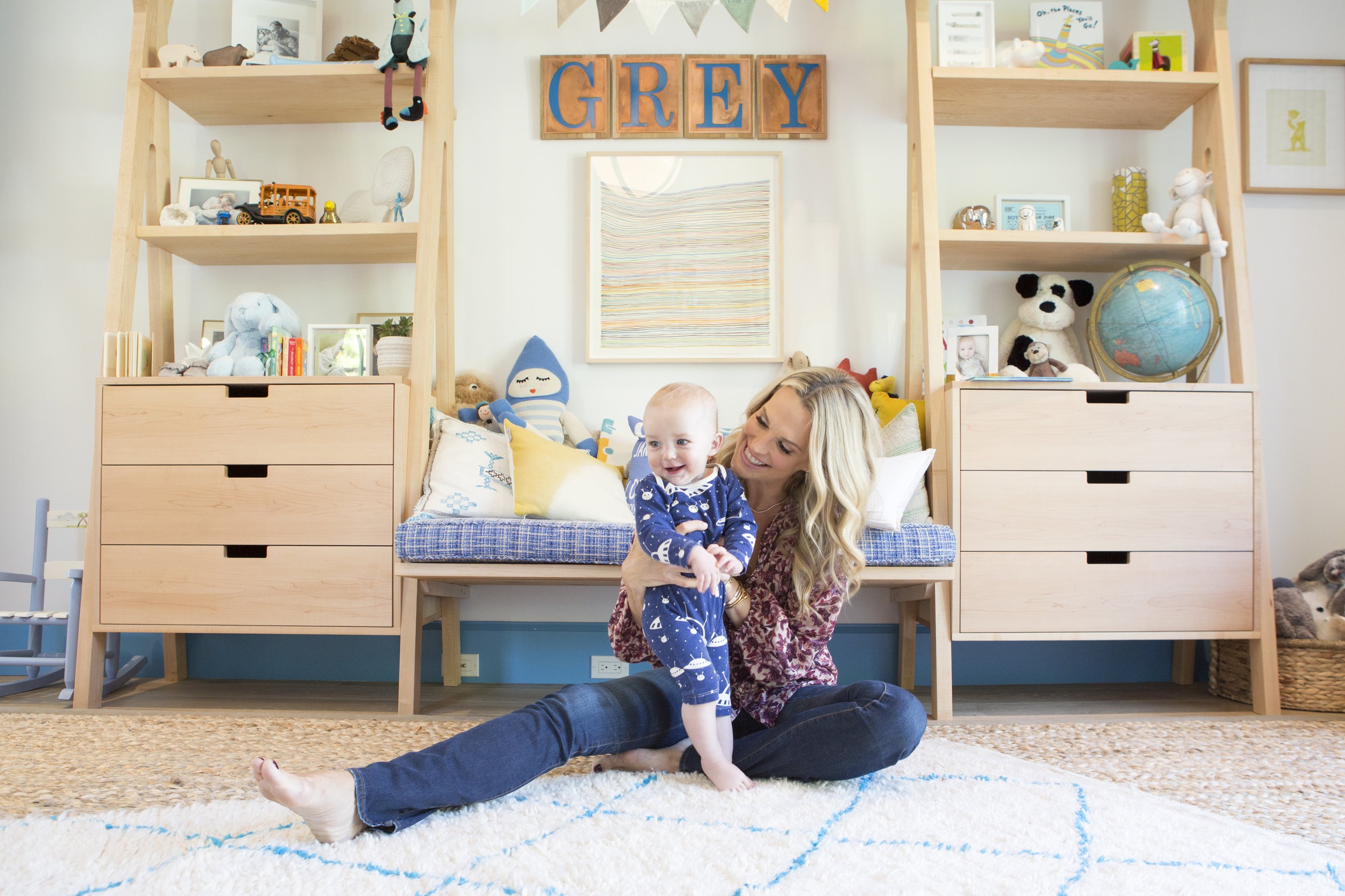Beauty...

Since Tuesday was the first day of Spring, I thought it was time to share some ways to go green while you’re spring cleaning! In 2006, I first read Christopher Gavigan’s book Healthy Child, Healthy World, and it opened my eyes to some of the possible dangers of chemicals in many common household products.

Photography: Iana Kozelsky
Christopher later went on to found the Honest Company with my supermomma friend Jessica Alba. He talks about how small exposures to these chemicals may seem harmless, but the big issue is about cumulative effects due to chronic exposure. There are days when I literally catch my kids and dogs eating off the floor and the countertops, so today I do all I can to make sure that the products I use to clean my home are natural and nontoxic.
You can make your own safe, natural cleaning products that will clean everything from toilets to tiles, floors, and fixtures— from ingredients you already have around the house! And I’ll show you how to do that. If that’s a little too much effort for you, there are more and more safe, nontoxic cleaning products on the market to choose from (like the Honest Company’s products). Making better choices and reducing your family’s exposure to toxic chemicals begins with reading labels and becoming better informed across the board.
These guys below are tried and true when it comes to cleaning and greening. Stock up on them for a DIY green clean.
BAKING SODA: Baking soda is a nontoxic bicarbonate cleaning machine! It’s great for scrubbing toilets and cleaning grout and is truly incredible for removing dirt. Not to mention, it kills microorganisms and is effective against yucky bacteria.
BORAX POWDER: This antibacterial bleaching agent is safe for the environment and has low toxicity.

Photography: Erica Hampton
While natural cleaners are effective in many cases, many of them are not registered by the Environmental Protection Agency as certified disinfectants. For example, vinegar and baking soda are not proven effective against salmonella or E. coli. So if you suspect that a surface has been contaminated, use one of the cleaning agents registered by the EPA, and always use in a well- ventilated room, wearing gloves, and with caution.
How are you keeping your space cleaner and greener? Let me know below!
xox
